Many girls living in northern Nigeria are either school drop-outs or are out of school. A survey conducted by the United Nations International Children’s Emergency Fund (UNICEF) showed that only 45% of girls in northern Nigeria are enrolled in school. These girls face several socio-economic barriers which ultimately create educational setback which eventually hinders their ability to make decisions that are critical for their lives and their families in the future.
Despite Nigeria’s oil wealth, poverty is acute and widespread, especially in the North. The North has one of the highest rates of early marriage and maternal mortality and the lowest female literacy rates. The United Kingdom’s House of Commons International Development (2016-17 Second Report of Session) has described education in northern Nigeria as a state of “multi-dimensional crises” characterized by the lowest enrollment, retention and pass rates and the most significant secondary school gender disparities in the nation.
The Centre for Girls Education (CGE) has, over the years, been successful in using the safe space model to increase school enrolment rates as well as the age of marriage in the communities in which we work. Of the first 1,000 girls in the program, outcomes recorded include;
- increased secondary school enrolment from 4% to 82%
- delayed age of marriage by 2.5 years, from 14.9 to 17.4
With support from the Malala Fund, CGE implemented the Malala Advocacy Project (MAP) to advocate for Government Stakeholders to implement safe spaces. The MAP implemented safe spaces for In-school and out-of-school girls across four local governments- Zaria, Giwa, Sabon Gari and Kudan.
At the start of the project, the Centre recruited and worked with 432 adolescent girls from four local government areas. Over twelve months, the project has recorded a tremendous increase in knowledge and reading and writing, especially for the Out-of-school girls. At the beginning of the safe spaces, these girls could neither hold a pencil nor identify alphabets or numbers. Today, the girls can read and write simple sentences, do basic arithmetic and speak English to a small degree. On the other hand, the In-school girls have completed their primary school education and transited to junior secondary schools.
Through the safe spaces, the Centre creates viable alternatives for adolescent girls educationally. The safe spaces break the socio-economic barriers faced by girls and empower them to become an improved version of themselves. Girls who pass through the secure areas become confident, have improved self-esteem, speak and express themselves publicly, make decisions that affect their lives’ overall outcome and create a network of support for other adolescent girls like themselves.
The Safe space program is of great importance because, in many societies, especially northern Nigeria, the girl child is left behind, giving more preference to the male child. Hence, safe space aims at educating the girl child about every aspect of her life needed to survive.
A safe space often consists of 15-20 adolescent girls, a trained mentor, a private space provided by the community or government, and a girl-centred curriculum emphasizing the acquisition of life skills such as agency, voice, decision making, reading, and writing and arithmetic among others. Girls feel free to express themselves in a confidential environment in safe spaces without fear of judgement or intimidation.
To reach more girls, especially marginalized and at risk, programs must be complemented by government support. To achieve this, it is vital that the Kaduna state government, through the Ministries of Education and Human Services and Social Development and other Stakeholders, take up this initiative to provide an opportunity for all adolescent girls within Kaduna state to benefit from safe spaces.
Written By;
Sakina Abdulkadir, 23
Intern, Center for Girls Education,
Zaria


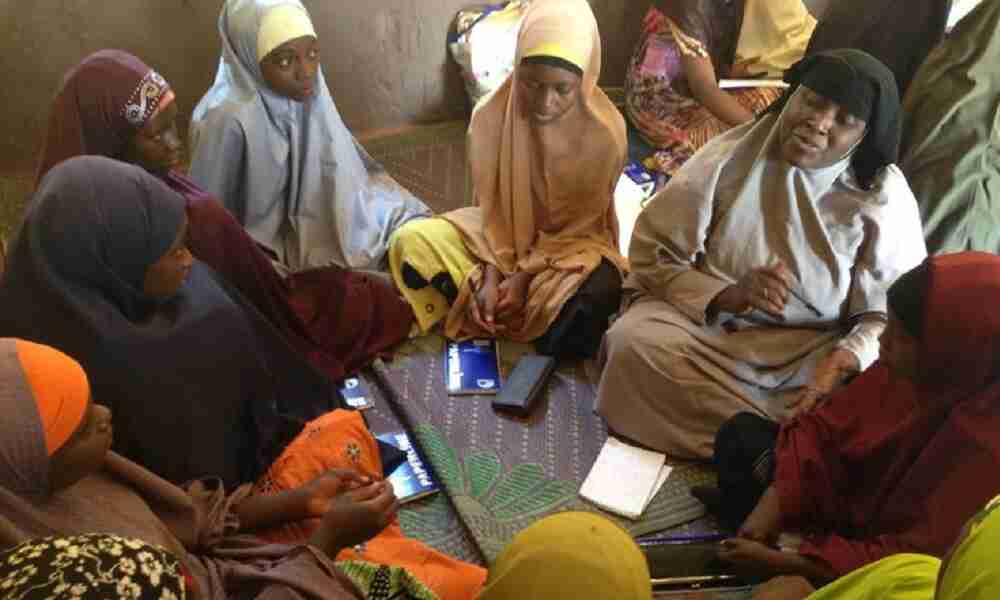
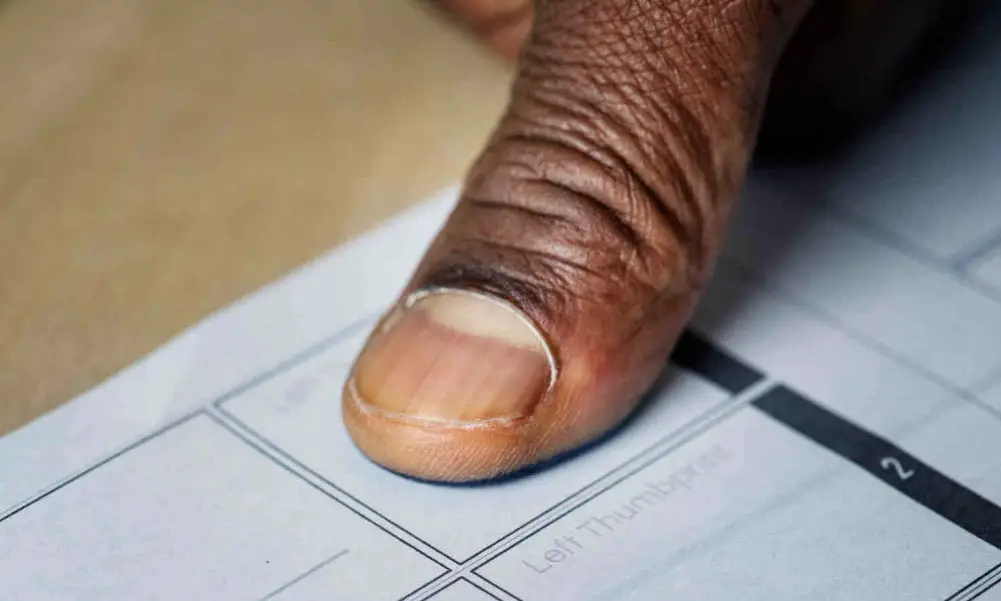
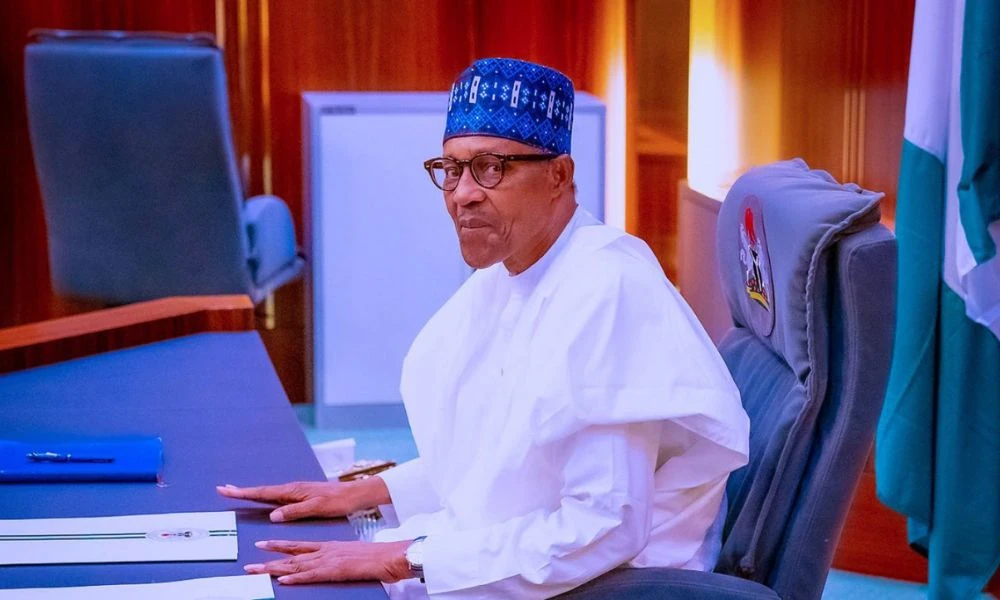
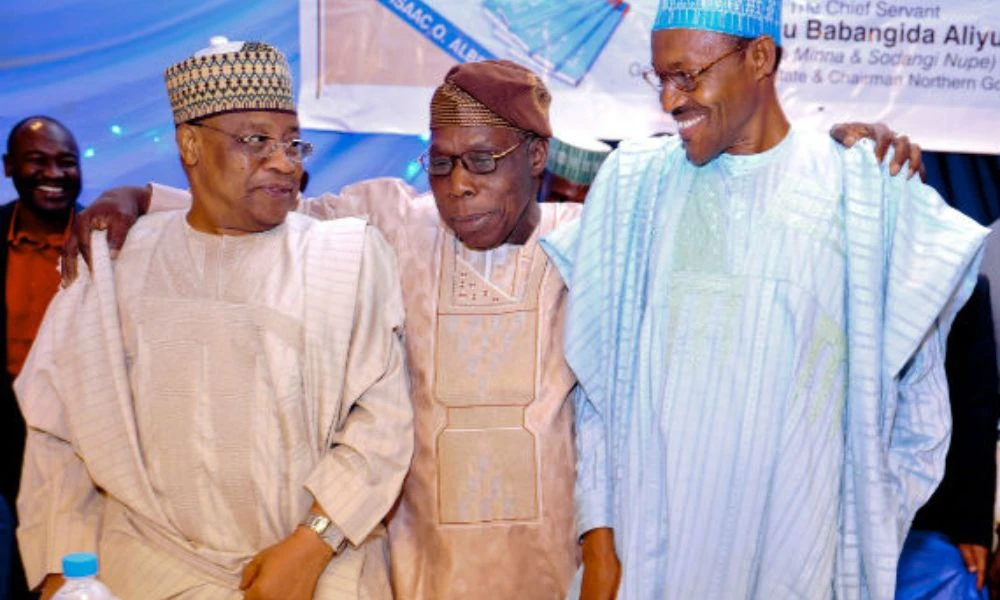



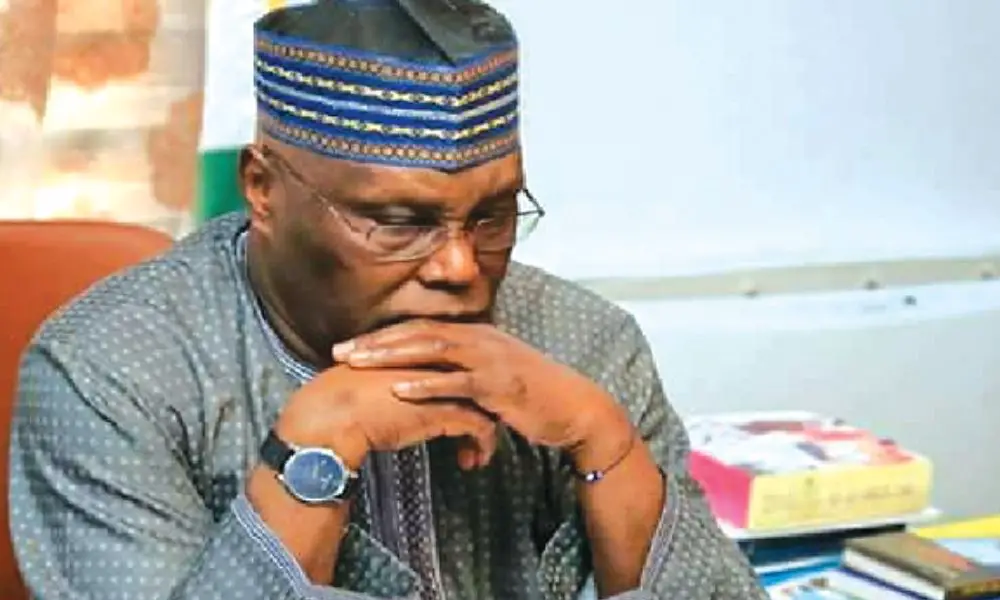
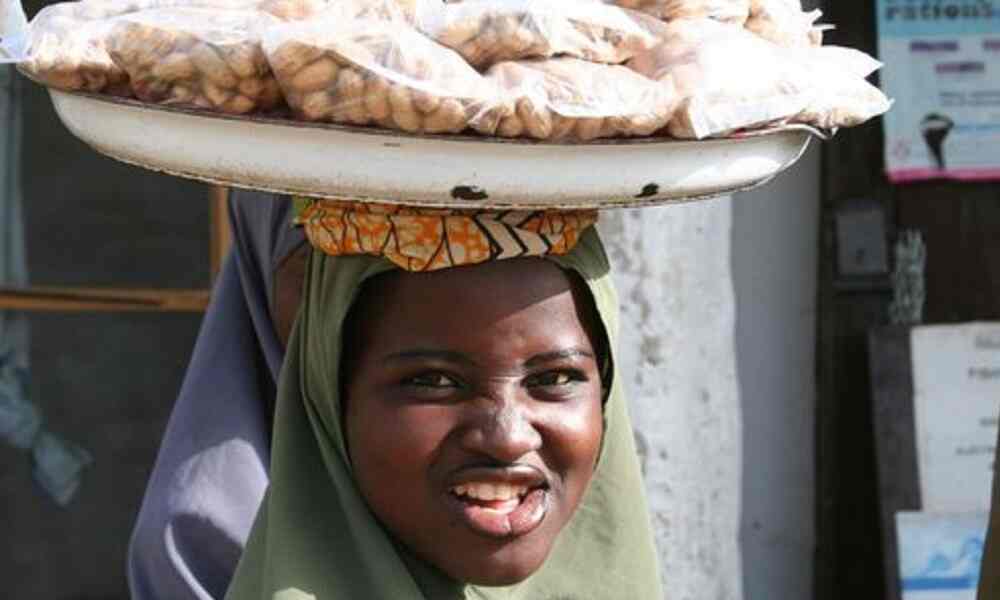
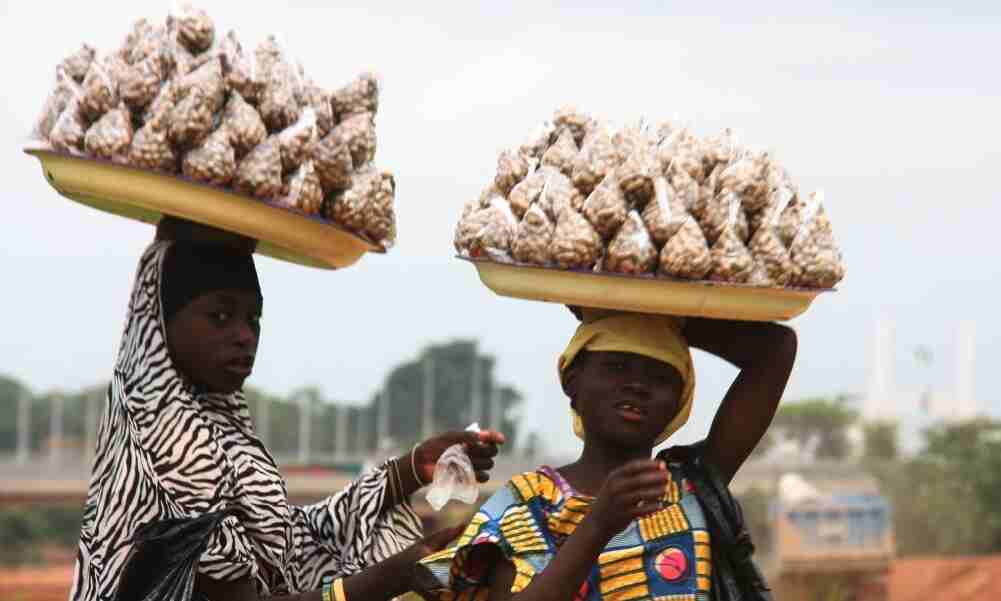

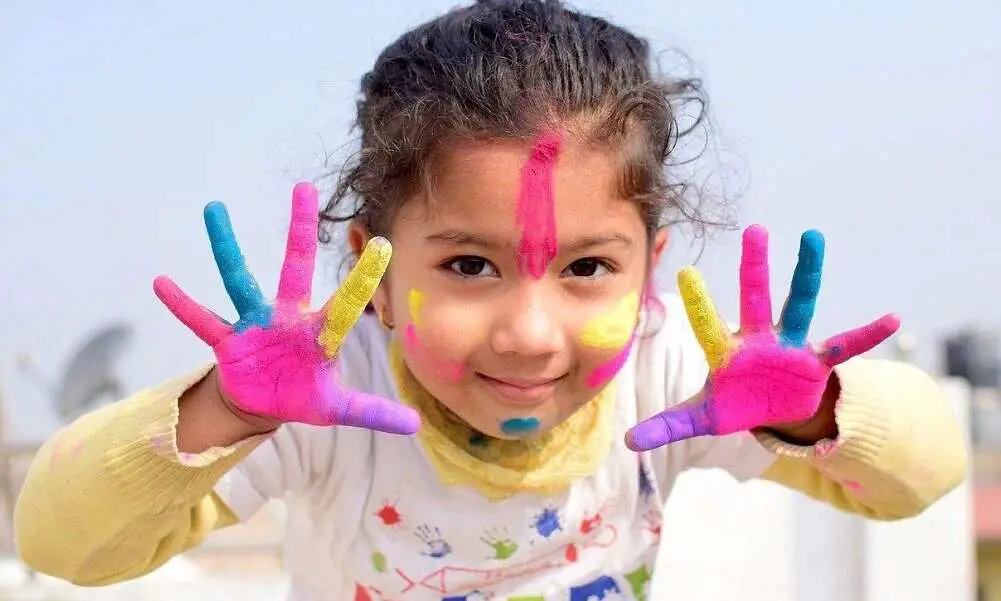
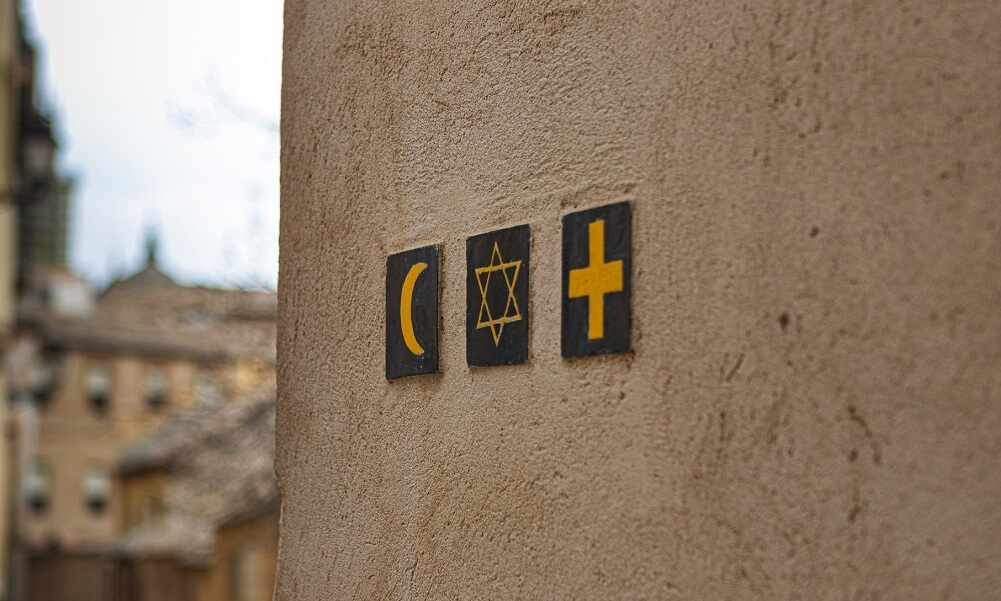
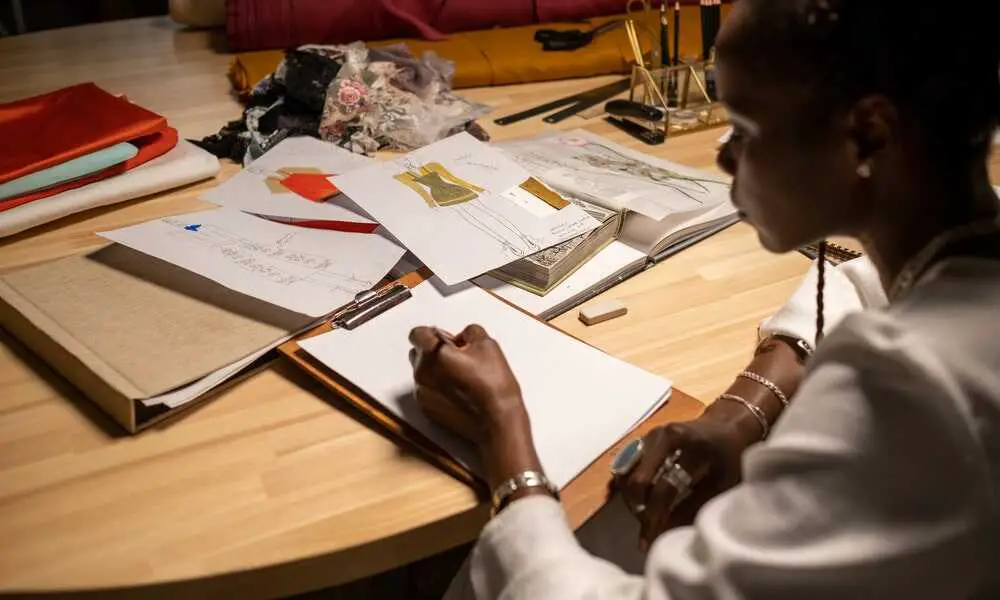
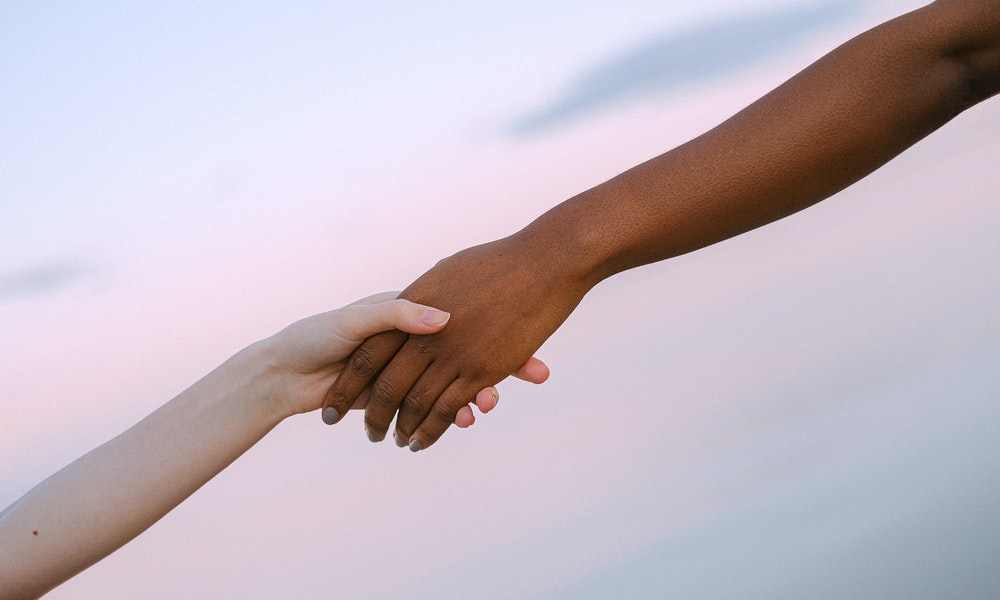
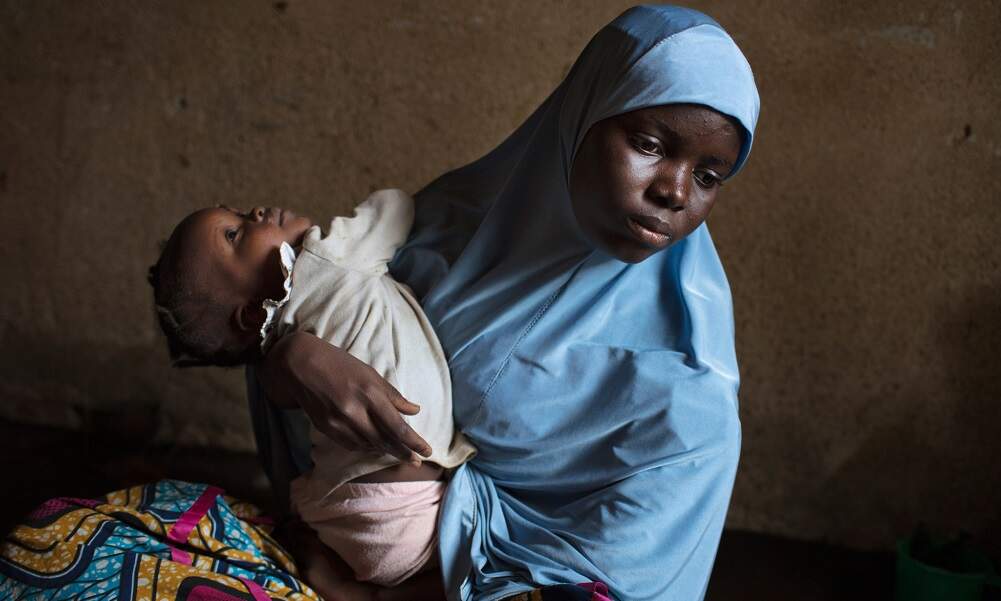
0 Comments